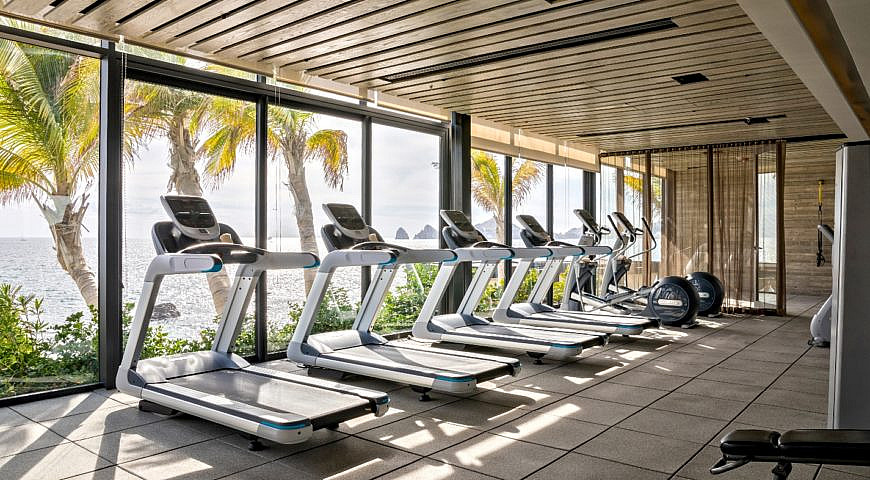
Training for a Half Marathon
Training for a Half Marathon
I have run a few marathons in my life, but have realized that the half marathon is my favourite distance. Training for a half doesn’t overtake your life, the longest run is no more than two hours and you don’t have to make significant changes to your diet if you already eat healthy. It also doesn’t feel as hard on your body or leave you with a feeling of not being able to walk for several days after a race. Still, it feels like an amazing accomplishment every time you cross the finish line!
I have run close to 20 half marathons and would like to share a few tips I have learned over the years for running this distance:
- Allow yourself 12-13 weeks to train, and slowly increase your long runs during this period.
- You do not need to run more than 3 times a week unless you are a more advanced runner training for a specific time.
- If you are newer to running, ensure that you get 1 long run and 2 shorter runs in each week.
- Try to incorporate cross-training or yoga into your training throughout the week to stay strong and avoid injury.
- If you miss a run, don’t make it up the following week to avoid risk of over-training or injury.
- If you are a more experienced runner and trying to improve your time, incorporate hill runs and interval training to increase your speed.
- Complete your longest run 2-3 weeks before the race and begin to taper your training a week before race day. If you feel the need, you can do short, 5k runs but ensure your legs are rested. As your body takes time to adapt to your training, any runs done in the final 2 weeks will not have an effect on your race.
- It is not necessary to run the full half marathon distance during your training. My longest run is usually 18-19k. If you are able to do this distance in training, you will be able to complete the full 21.1k on race day.
- Bring fuel, such as gels or chews, for your training runs and on race day. I prefer gels but there are plenty of other options. Be sure to consume your fuel of choice every 45-minutes to keep your energy elevated. Also, ensure you hydrate throughout your race but take small sips to avoid the risk cramping.
- On race day, if you need to take breaks, set a goal to only walk through the water stations. There is often a slow down at these stations anyways and it will help you to mentally break the race into smaller segments.
- Wear a watch to help you keep pace and to ensure that you do not go out too fast at the beginning. If possible, try to keep a steady pace throughout the race.
- If it is your first race, make sure to enjoy it and don’t worry about your time! Soak in the sights and atmosphere and focus on crossing the finish line with a smile on your face.
Lisa Gordon
Co-Founder, Movement Travel